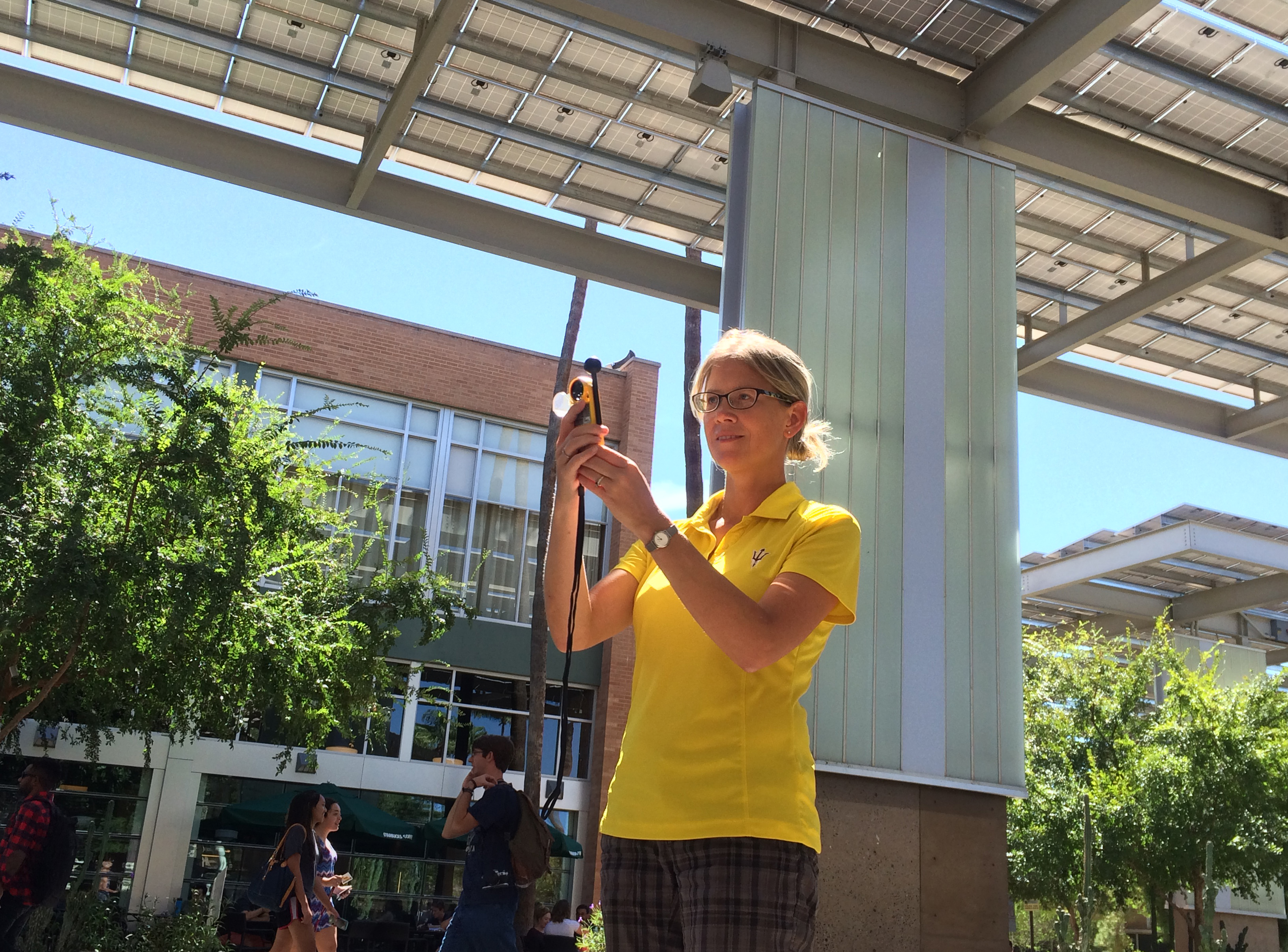Economy and Policy
Lake Baikal
Lake Baikal is an ancient and massive body of freshwater found in the mountainous Russian region of Siberia. Deep and voluminous, Lake Baikal holds 20% of the planet’s unfrozen freshwater. And it’s often been described as the world’s cleanest and most pristine lake.
Rising East Coast Seas
Sea levels are rising around the world because of melting ice as well as warming waters since water expands as its temperature goes up. Average sea levels around the world are predicted to rise by about three feet by the end of the century as a consequence of the warming climate.
Solar Power And African Food Security
Some of the poorest countries in the world are unfortunately among the most vulnerable to the effects of climate change. Malawi, for example, has 90% of its population in rural areas and 80% of its labor force is associated with agriculture.
China As Climate Leader
China and the United States today produce nearly half of the world’s carbon emissions, so the fight against global climate change depends greatly upon what actions the two countries take. China has undergone a dramatic transformation over the past twenty years from a largely rural society to one that is far more urbanized and far more energy intensive. In 1997, when the Kyoto Protocol on climate was negotiated, China was only responsible for 14% of global CO2 emissions. It then surpassed the US on that front in less than 10 years and now accounts for nearly 30% of the world’s emissions.
Turning Carbon Dioxide Into Rock
There is a lot of interest in figuring out a way to store carbon dioxide produced from industrial processes and energy plants or even sucking it out of the atmosphere and then storing it. The problem is where exactly to put the stuff and how to make sure that it stays there.
Wildlife Corridors
It is widely thought that we are in the midst of the 6th great mass extinction of species on Earth and, unlike the previous ones that were caused by things like asteroid impacts or ice ages, this one is caused by us. Our impact on the climate, on natural resources, on landscapes and habitats, and more, has wreaked havoc on ecosystems across the globe.
Hot Times For Santa
Santa Claus may have to change out of that heavy red suit this Christmas. The North Pole, site of his fabled workshop, is seeing historically high temperatures this year. In fact, it is 36 degrees Fahrenheit higher than it has been in past decades. This is a staggering number.
Arctic Shipping
The Arctic used to be pretty much a pristine wilderness populated only by fairly small numbers of indigenous residents living environmentally benign lifestyles. The disruptive elements of modern civilization were not much of a factor. Because of the changing climate, this is no longer true.
Use-By Labels And Food Waste
By some estimates, Americans waste as much as 40% of food that is produced. None of the reasons are anything to be proud of, but one of the most frustrating is the confusing array of food date labels that are supposed to tell us whether the food we purchased should be eaten.
Building A Better Solar Cell
The great majority of solar cells being manufactured today are based on silicon crystals. That technology has come a long way over time and has gotten cheaper and more plentiful as the industry has grown.
Help Save The Bees
Globally, 40% of invertebrate pollinator species, such as bees and butterflies, are facing extinction. And since approximately three-quarters of the world’s food crops depend on pollination, the decline of these pollinators could pose a threat to food security around the globe.
Renewables On Campus
Colleges and universities across the country are increasingly deploying solar arrays and other types of renewable energy. Many have set goals to become carbon neutral.
How Green Are Green Cars?
Electric cars are generally seen as the way to eliminate or at least dramatically reduce the disastrous effects of personal transportation on the environment. They still constitute only a tiny fraction of the cars on the road, but their popularity and availability is growing.
The Methane Riddle
Most of the blame for climate change has been placed on the growing levels of carbon dioxide in the atmosphere, but methane also plays a major role. Estimates are that about 1/5 of greenhouse effect warming is caused by methane in the atmosphere. There is far less of it than carbon dioxide, but methane is tremendously more effective at trapping heat.
Climate Change And Jobs
Combating climate change is a bit like treating a disease whose early stage symptoms are not very severe. People are not as motivated as they should be. Businesses have to comply with new regulations and spend money on new technologies, which seems like a losing proposition.
Student-Led Solar Revolution
College students have often spearheaded uprisings and revolutionary ideas. A group of BYU engineering students is trying to start a solar-cell revolution.



















